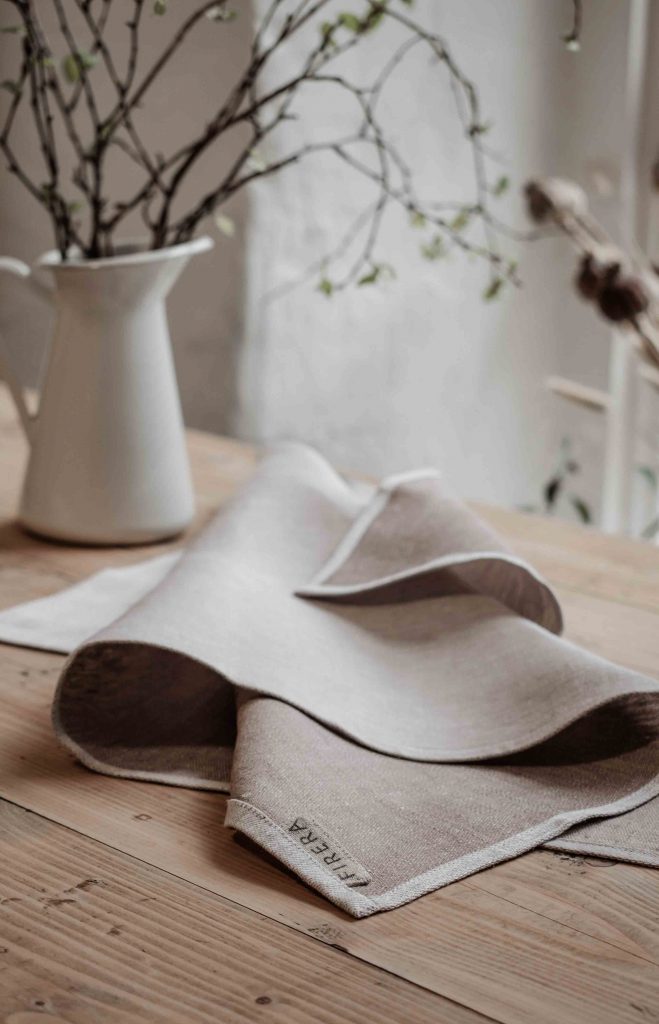Want to be an eco-conscious entrepreneur? Sustainability is a long-term project and not one that can be rushed. Since by very definition sustainability is about not cutting corners, you will face certain challenges in creating your sustainable startup. Here are 7 steps to create your sustainable startup and build your successful green company from the ground up.

What Is A Sustainable Startup?
To strip it back to basics, the Oxford Dictionary defines sustainability as: “the avoidance of depletion of natural resources to maintain an ecological balance”.
So, if we take the classic environmental definition of sustainability and apply it to business. You are aiming to create a sustainable startup that uses resources in a way that can be kept up indefinitely, without causing detrimental harm to the environment.
1. Identify Your Mission
As with any business, as a startup ceo it is paramount to identify your mission. Usually this will involve answering a question or helping solve your prospective customers problems. Be clear on what your mission is and outline it from the get-go. Take for example Entrepreneur Eve Bell, Founder of Baba+Boo:
“Baba + Boo is a planet-friendly eco baby boutique specialising in reusable cloth nappies, tackling the issue of single-use nappies and helping to save thousands of plastic nappies from going to landfill every year.”
Eve is on a mission to save thousands of plastic nappies going to landfill, by introducing cloth nappies to her customers. Start by identifying your mission.
2. What Are Your Values?
Some of the most successful sustainable businesses start with an individual having a passion and values that they truly believe in. Take for example Pam Gruhn, Founder of Frenchic, the UK’s fastest growing chalk paint company. When asked what inspired her to start Frenchic, Pam said:
“My passion for bringing old furniture back to life rather than see it go to landfill is what inspired my quest to create Frenchic. Frenchic Furniture Paint has no hidden nasties (ALL our ingredients are written on the can). An all-natural, eco-friendly paint that requires no stirring, shaking or the addition of water. I don’t add VOC’s, toxins or solvents”
So, Pam’s passion for seeing furniture reused, recycled and restored instead of heading to landfill is the Frenchic mission and the company values lie in creating paint that has no hidden nasties, using only all-natural ingredients. Outline your sustainable business values clearly, that way you have a benchmark to live up to when creating your products or services.
3. Who Is Your Customer?
When you first begin on your startup journey, you need to identify your target audience. You may find that a few years into your business, the customer you aimed for is not the audience you attract. However, you do need to start with a person in mind. Think about key elements like the gender, age, location, salary, interest and likes of the person you hope your business will appeal to.
4. Create Your Business Plan
There are lots of resources online to help you to write your business plan. For example One Big Happy Life offer a Startup CEO Academy online course that will help you to gain confidence and guide you through planning your business. Your business plan for your sustainable startup needs to be a well-loved working document. It should be note-laden and adaptable depending on the real life situations that you find your business facing. You might also benefit from taking Marie Forleo’s B-School Scholarship Programme, that helps you to turn your dream business into reality.
5. Grow Organically
Instead of focus being on maximum, rapid growth and going from one resource or supplier to the next, a sustainable business aims to be successful whilst growing organically. Creating a successful and sustainable business organically, using mainly profits as a source of investment ultimately eliminates the danger of sudden failure caused by lack of external funding or rapid expansion. Growing organically does however require patience and perseverance.
6. Stay Flexible With Freelancers
When you first start growing your startup, you might find that it’s necessary to seek outsourced help and freelancers to provide services for skills that you’re currently lacking. This is a very flexible way to call in backup when you are in need of extra hands. Taking on staff too quickly can ultimately lead to heartache, if you have to let them go due to lack of profit. Start small and start slowly, grow organically. Take on freelancers as necessary, this way you can get outside help from seasoned professionals without the overheads and commitments of full-time staff.
7. Learn And Improve Your Skills
Keeping outgoings low is paramount when trying to start your company organically. You will need to turn your hand to all aspects of your business when first cranking up. Things such as doing your own finances and even designing your own media campaigns can be done on your own without the need for outside help. It takes much longer to achieve because there’s a fairly long learning process, but it ultimately provides you with the skills you need to continue growing your business and improving your existing processes.
You could consider online learning courses, or you could think about using a cheap VPS instead of having a service manage your web host. It’s all about taking control of the technical things that you find daunting. It’s about learning how to manage those things on your own without the need for outside help. Learning and taking control of every aspect of your sustainable business will help you to manage it in the future, as you eventually take on specialists in each area. Managing and understanding each element of your startup will allow you to save money and make it easier to generate a profit.
So, hopefully these seven steps help you to create a sustainable startup that combines your passion and create a profit.




